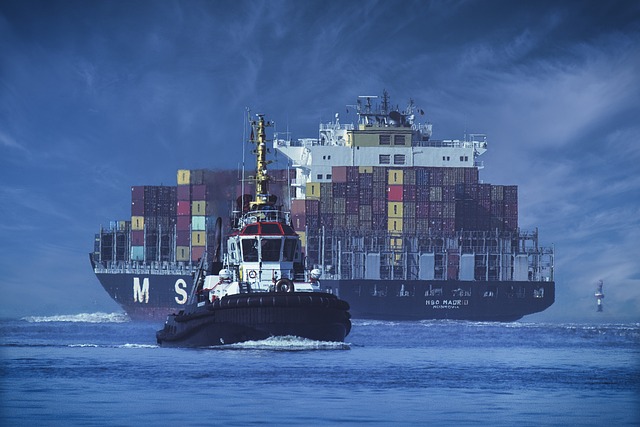As we grapple with the urgent need to address climate change, the role of various sectors in contributing to a sustainable future becomes increasingly prominent. Among these sectors, marine transport stands out as a pivotal player in the quest for environmental balance. The vast oceans cover more than 70% of our planet, making marine transport not only a vital means of global trade but also a crucial element in our fight against climate change.
Marine transport is often seen through the lens of its carbon emissions, which are significant compared to other modes of transport. However, this view overlooks the potential for innovation within the industry. With advancements in technology and a growing commitment toward sustainability, marine transport is evolving into a more eco-friendly alternative. The shift towards cleaner fuels, such as hydrogen and biofuels, as well as electrification of vessels, demonstrates the industry’s capacity for transformation.
Furthermore, the maritime sector is inherently positioned to utilize the vastness of the ocean to help mitigate the effects of climate change. The introduction of sails and wind assistance technology, which harness the power of wind during voyages, is one example of how marine transport can reduce dependency on fossil fuels. By reducing fuel consumption, we not only enhance operational efficiency but also contribute to lowering greenhouse gas emissions.
Moreover, sustainable practices in marine transport extend beyond the vessels themselves. Ports are increasingly adopting greener solutions like waste management systems and renewable energy sources to power their operations. This commitment to sustainability fosters a ripple effect, encouraging surrounding communities to take active steps in reducing their own environmental footprints.
In the broader context of climate change, marine transport certainly holds a dual responsibility: to minimize its impact and to leverage its capabilities in environmentally friendly initiatives. The shipping industry can facilitate the movement of goods that are essential for other sustainable practices, such as wind turbines and solar panels, driving a circular economy. In doing so, it supports the global transition towards renewable energy sources and fosters sustainable development.
However, the transition to a sustainable marine transport system will require collaboration among stakeholders, including shipping companies, governments, and environmental organizations. Policies and regulations that incentivize eco-friendly practices are crucial in promoting a sustainable marine transport sector. This coordinated effort will not only help in combating climate change but also safeguard our oceans, ensuring their health for future generations.
As concerned global citizens, it is essential for us to recognize the vital role marine transport plays in addressing climate change. By advocating for and supporting innovations within this sector, we can contribute to creating a sustainable future where the balance between economic growth and environmental health is attainable. The ocean, with its unique ecosystems, is not just a highway for trade; it is a steward of our planet’s wellbeing, and protecting it will determine the legacy we leave for those who will inherit the Earth after us.



